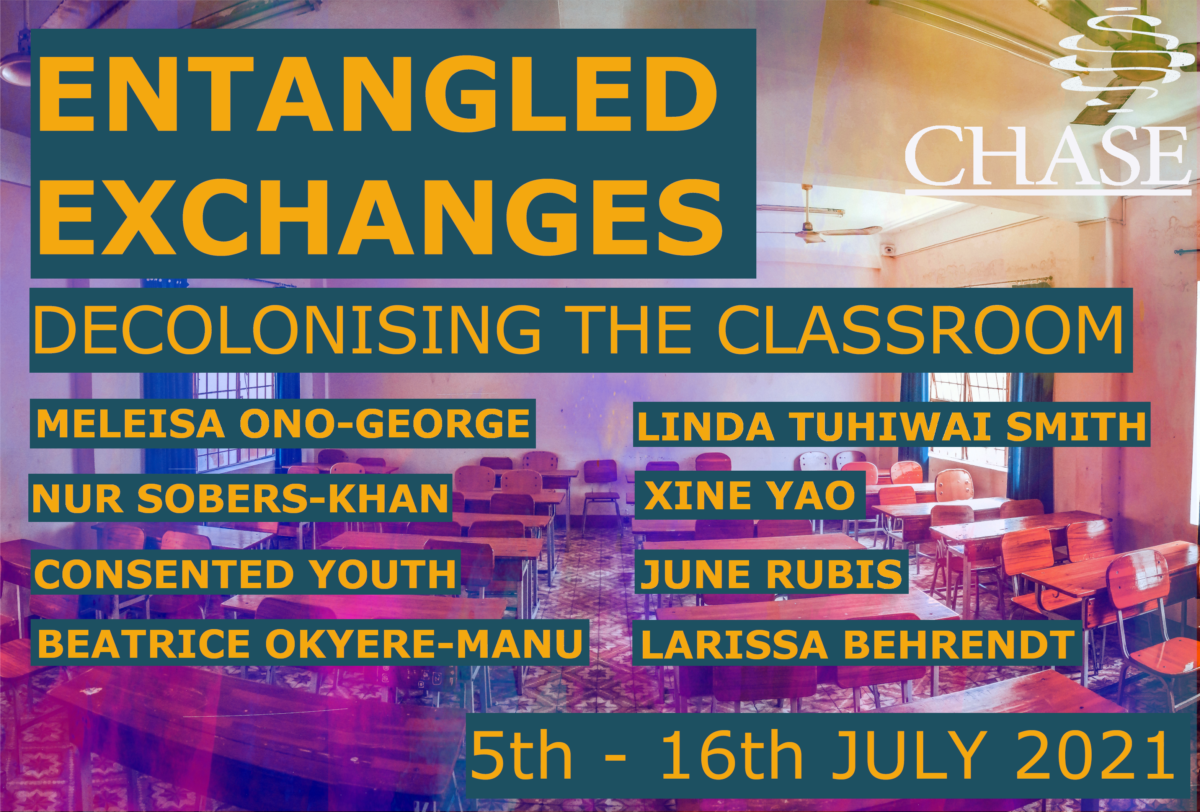Essay Film Festival
19 March – 23 April
Online and site events
The Essay Film Festival returns in March and April for its eighth edition, with a focus on politically engaged and collectively authored essayistic film practices.
The festival will take place between 19 March & 23 April.
The Essay Film Festival is organised by the Birkbeck Institute for the Moving Image in collaboration with the ICA and with support from CHASE.
—-
Around the World in 80 Snippets: Scissors-and-Paste Journalism in a Global Context
Tuesday 8th March | 1800 – 2030 | Online event
This workshop will introduce participants to the Atlas of Digitised Newspapers and Metadata and explore emerging methodologies for working across multiple digitised collections including the development of the Scissors-and-Paste Database. It will work with participants to develop best practice in searching, browsing, mining, and interrogating online collections and working with a variety of tools to build up a contextualised and robust dataset for a variety of different projects as well as discuss how the history of newspapers and newspaper archives continues to shape our historical scholarship.
—-
Animating Archives Workshop 3: Archivable
1600-1800, Friday 4 March
Birkbeck, University of London
Animating Archives are pleased to share the details and open bookings for their third workshop entitled Archivable. Led by Beth Bramich and Hatty Nestor, this session aims to introduce PhD researchers to a range of creative approaches to working with materials held in the Jo Spence Memorial Library Archive. There will be a short presentation by archivist Charlene Heath, who oversees the Jo Spence archive at the Ryerson Image Centre (RIC) in Toronto, Canada.
—-
Teaching Creative Writing
Literary translation and creativity
Thursday 24th March 2022 11:00-12:30 | Online (zoom)
Carolina Orloff, Cecilia Rossi and Polly Barton
Moderated by Ashley Barr
The role of a literary translator is often under-appreciated, but with the International Man Booker Prize and rise in translated works published in the UK, translators are finally being recognised for their creativity. Latin American works-in-translation publisher Carolina Orloff, translator Polly Barton and UEA’s Dr Cecilia Rossi discuss the current boom in translated works and how this is shaping the UK publishing industry. Could this be a professional avenue for researchers able to speak two or more languages?
Teaching Creative Writing
The value of creative writing retreats and writer’s awards
Thursday 26th May 2022 11:00-12:30 | Online (zoom)
Rachel Humphries and Mary Morris
Moderated by Karítas Hrundar Pálsdóttir
Rachel and Mary discuss the value of their creative writing retreats and residential courses, and how incorporating an online programme has reached writers that otherwise would not have access to retreats. Rachel also discusses the Bridge Awards Emerging Writer prize and the value it has for writers. What careers might centres such as Moniack and Arvon offer Creative and Critical Writing researchers? And what pedagogical considerations are taken into account for the workshops/retreats/courses they offer?Register here




